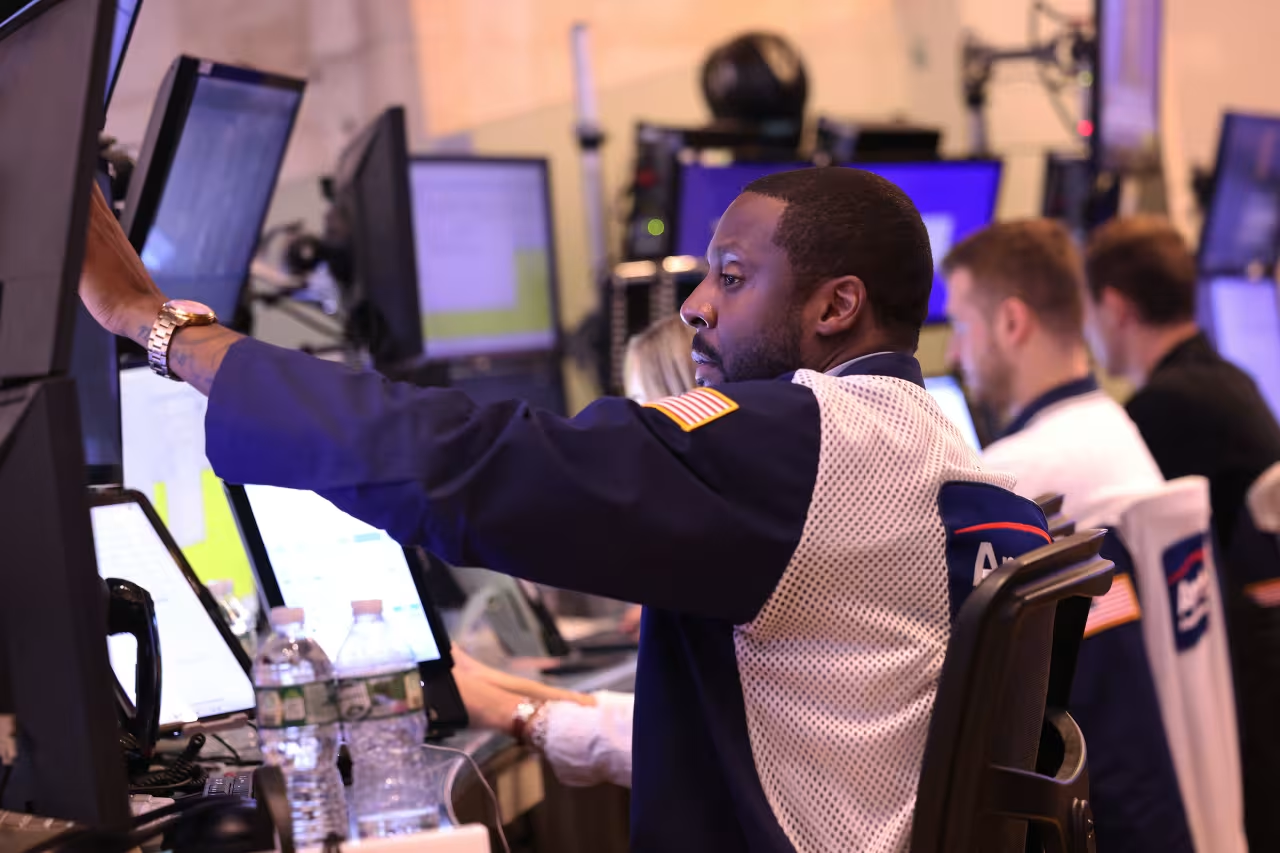
FRANKFURT, Germany, Nov 18, 2024 (BSS/AFP) - The vice president of the European Central Bank said Monday that Donald Trump's spending plans risked inflating the US government's budgetary deficit and spreading worries on markets.
The United States already has a public debt ratio close to 100 percent of gross domestic product, and a spending deficit close to seven percent, Luis de Guindos said at a banking conference in Frankfurt.
"The elected president (Trump) has promised to reduce taxes and perhaps not to cut down on public spending," de Guindos said.
The plan could lead the deficit to grow and "create concerns in markets", de Guindos said.
Since sealing victory in the presidential election earlier this month, Trump has yet to announce his nominee for treasury secretary.
The president-elect has however tapped the world's richest man Elon Musk and businessman Vivek Ramaswamy to lead a newly formed department of government efficiency.
The duo were asked by the incoming administration to cut red-tape and "wasteful expenditures", while Musk has promised to strip $2 trillion (1.9 trillion euros) from the federal budget.
Besides Trump's spending plans, the incoming president's promise to raise tariffs has prompted concerns in Europe, where officials fear higher import tariffs could slow trade and weigh on the economy.
"The growth outlook is clouded by uncertainty about economic policies and the geopolitical landscape, both in the euro area and globally," de Guindos said.
"Trade tensions could rise further," with resulting risks for economic activity, de Guindos noted.
This context compounded "structural issues of low productivity and weak potential euro area growth", he added.
As inflation in the eurozone has eased back towards the ECB's two-percent target, the central bank has begun lowering interest rates.
At its last meeting, policymakers settled on a quarter-point cut, which put the bank's benchmark deposit rate at 3.25 percent.
While inflation had slowed, "economic activity has been weaker than expected", de Guindos said.
Compared with a year ago, "the balance of macro risks has shifted from concerns about high inflation to fears over economic growth", he said.
Weak growth prospects would strengthen the case for the ECB to continue cutting rates. The bank holds its next rate-setting meeting on December 12.